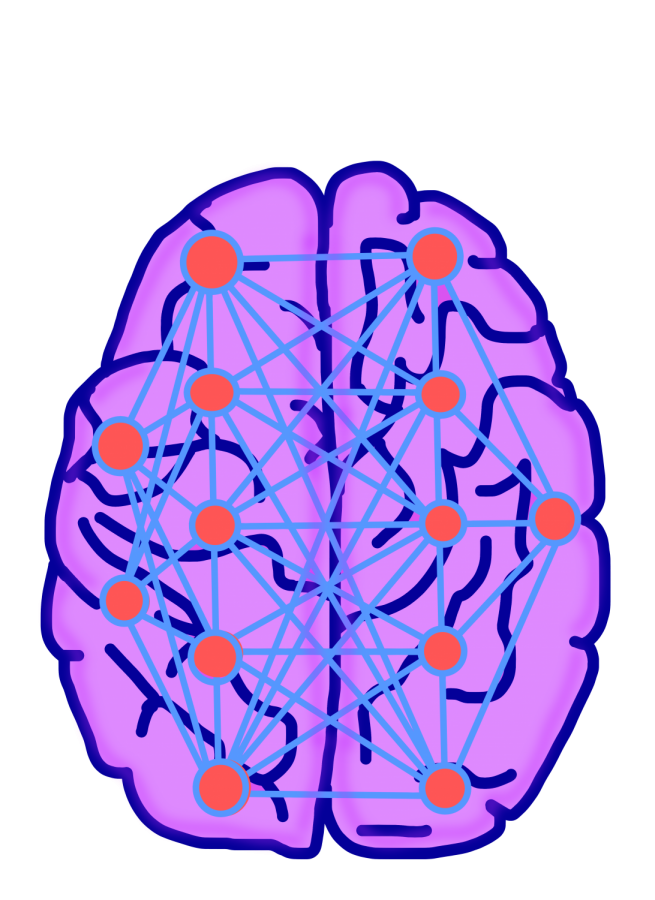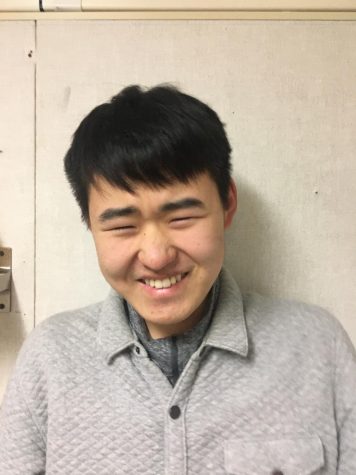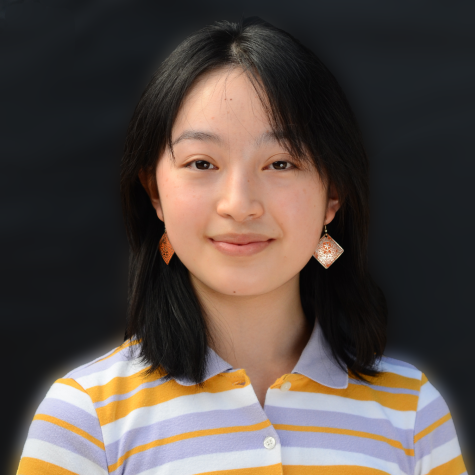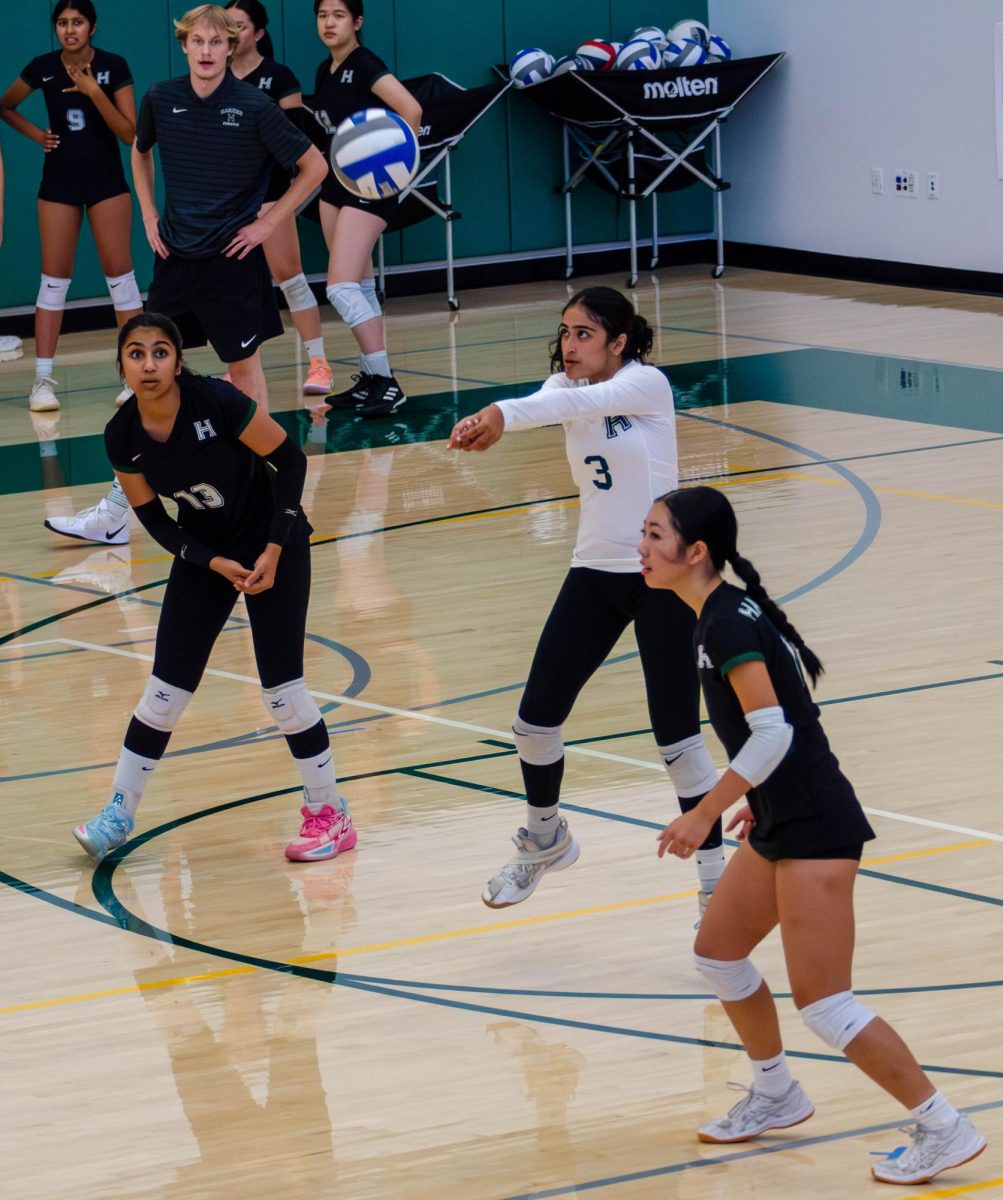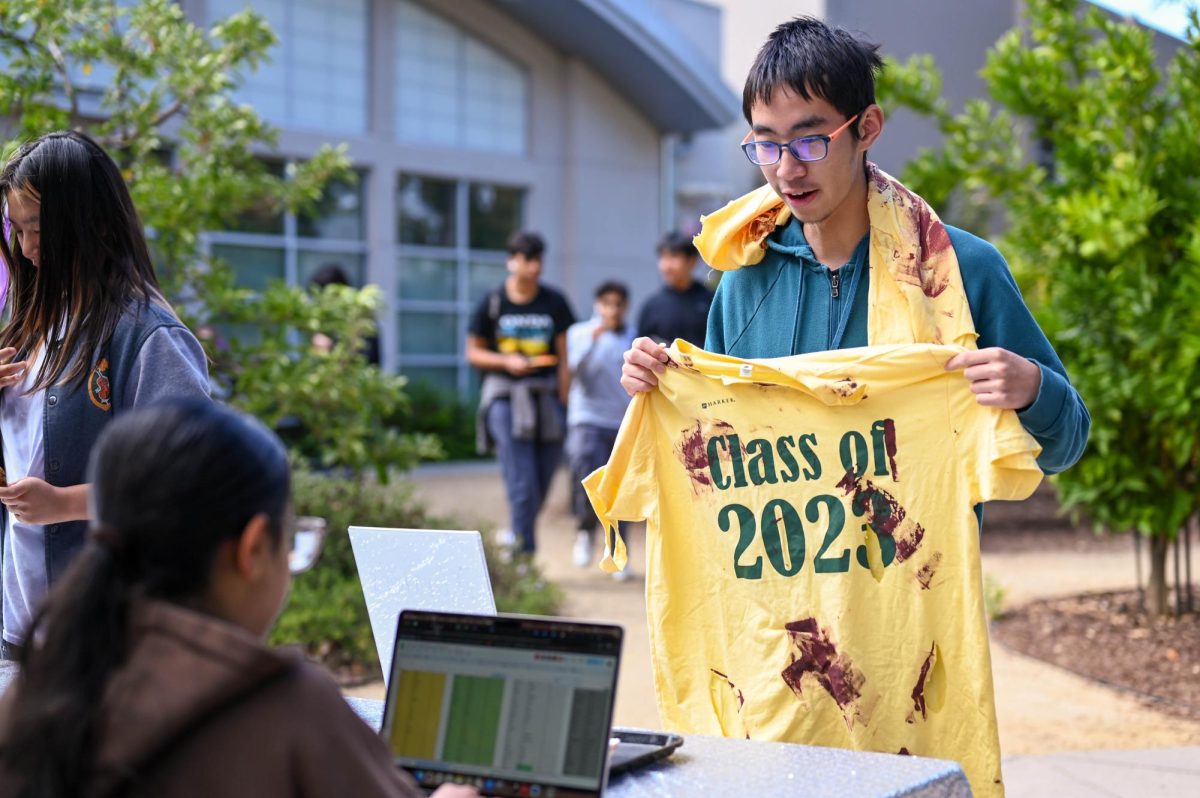Neural Networks at Harker: a Quadrennial Spectacle
August 30, 2019
Post-AP Computer Science electives at Harker are offered on a four-year rotating basis, and cover such topics as Computer Architecture and Expert Systems. This year, Harker is offering ATCS: Neural Networks. It’s a semester course with a pre- or co- requisite of Calculus and a prerequisite of APCS: DS or APCS and Honors Data Structures, each with a B+ or better grade.
Students spend the semester building a rather complicated neural network starting from the very first principles. They build even the notation and learn the math and parts. The course was designed and is taught by Dr. Eric Nelson, Computer Science department chair for the upper and middle school, who developed neural networks for the Defense and Advanced Research Project Agency (DARPA) for about 10 years in the 80s and 90s when he was a defense contractor working for the Science Applications International Corporation (SAIC).
Last time the course was offered, in 2015, it was taught in two sections each semester, with a cap of 18 students each section. This year, due to increased interest in the course, Nelson is teaching an extra section in the first semester aside from his normal courses and increasing the student cap to 21. All told, 27 more students will be able to tell take the course than before. The ATCS rotation is also being changed, and the neural networks course will be offered once every other year. Changes in the rotation are not unheard of, for example, neural networks was offered back to back in the years of 2014-2015.
“It’s the thing to do.” Nelson said about the increased interest. “Self-driving cars, facial recognition, security systems—it’s the technology for finding things. Basically, it’s the sexy technology of the 21st century, and so everybody wants to know how it works and what’s in it, and you can play with it on the network, you can go to tensorflow on google and you can build neural nets and you can stuff stuff on the front end and have stuff come out the back end and you can play and have a good time and have absolutely no clue what it’s doing—no idea how it works. And the purpose of the course is to give you an idea of what’s under the hood.”
In the ten years that Nelson has taught the course, he’s been impressed with the fact that so many harker students have the formal mathematical background that allows them to take a course in artificial neural networks, because being able to handle the aspects of multivariate calculus is a necessity. Neural networks is a very topical subject, and so it’s logical that students are chomping at the bit to learn about it.
“I decided to take neural nets because I’m really interested in Computer science.” Bennet Liu (12), who is taking the course this semester, said. “It is an aspect of CS that I would like to explore and I think that it is definitely something that Computer science is moving towards. It’s an interesting thing to learn about.”


















![“[Building nerf blasters] became this outlet of creativity for me that hasn't been matched by anything else. The process [of] making a build complete to your desire is such a painstakingly difficult process, but I've had to learn from [the skills needed from] soldering to proper painting. There's so many different options for everything, if you think about it, it exists. The best part is [that] if it doesn't exist, you can build it yourself," Ishaan Parate said.](https://harkeraquila.com/wp-content/uploads/2022/08/DSC_8149-900x604.jpg)




![“When I came into high school, I was ready to be a follower. But DECA was a game changer for me. It helped me overcome my fear of public speaking, and it's played such a major role in who I've become today. To be able to successfully lead a chapter of 150 students, an officer team and be one of the upperclassmen I once really admired is something I'm [really] proud of,” Anvitha Tummala ('21) said.](https://harkeraquila.com/wp-content/uploads/2021/07/Screen-Shot-2021-07-25-at-9.50.05-AM-900x594.png)







![“I think getting up in the morning and having a sense of purpose [is exciting]. I think without a certain amount of drive, life is kind of obsolete and mundane, and I think having that every single day is what makes each day unique and kind of makes life exciting,” Neymika Jain (12) said.](https://harkeraquila.com/wp-content/uploads/2017/06/Screen-Shot-2017-06-03-at-4.54.16-PM.png)








![“My slogan is ‘slow feet, don’t eat, and I’m hungry.’ You need to run fast to get where you are–you aren't going to get those championships if you aren't fast,” Angel Cervantes (12) said. “I want to do well in school on my tests and in track and win championships for my team. I live by that, [and] I can do that anywhere: in the classroom or on the field.”](https://harkeraquila.com/wp-content/uploads/2018/06/DSC5146-900x601.jpg)
![“[Volleyball has] taught me how to fall correctly, and another thing it taught is that you don’t have to be the best at something to be good at it. If you just hit the ball in a smart way, then it still scores points and you’re good at it. You could be a background player and still make a much bigger impact on the team than you would think,” Anya Gert (’20) said.](https://harkeraquila.com/wp-content/uploads/2020/06/AnnaGert_JinTuan_HoHPhotoEdited-600x900.jpeg)

![“I'm not nearly there yet, but [my confidence has] definitely been getting better since I was pretty shy and timid coming into Harker my freshman year. I know that there's a lot of people that are really confident in what they do, and I really admire them. Everyone's so driven and that has really pushed me to kind of try to find my own place in high school and be more confident,” Alyssa Huang (’20) said.](https://harkeraquila.com/wp-content/uploads/2020/06/AlyssaHuang_EmilyChen_HoHPhoto-900x749.jpeg)



